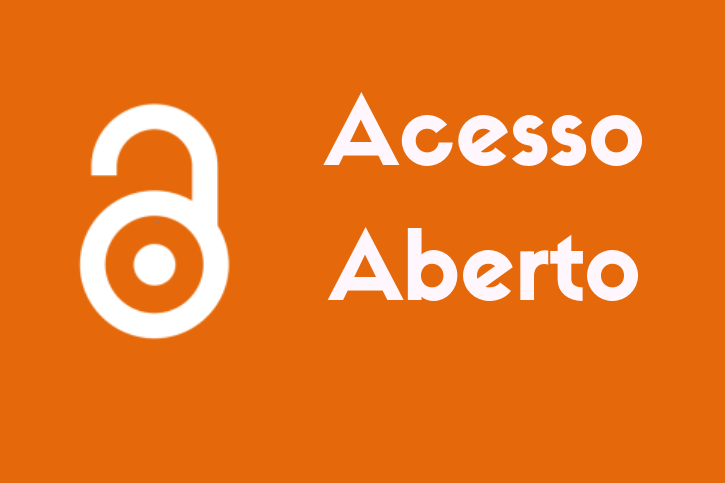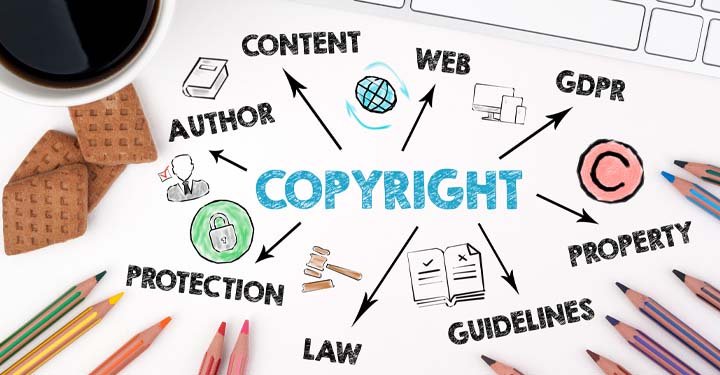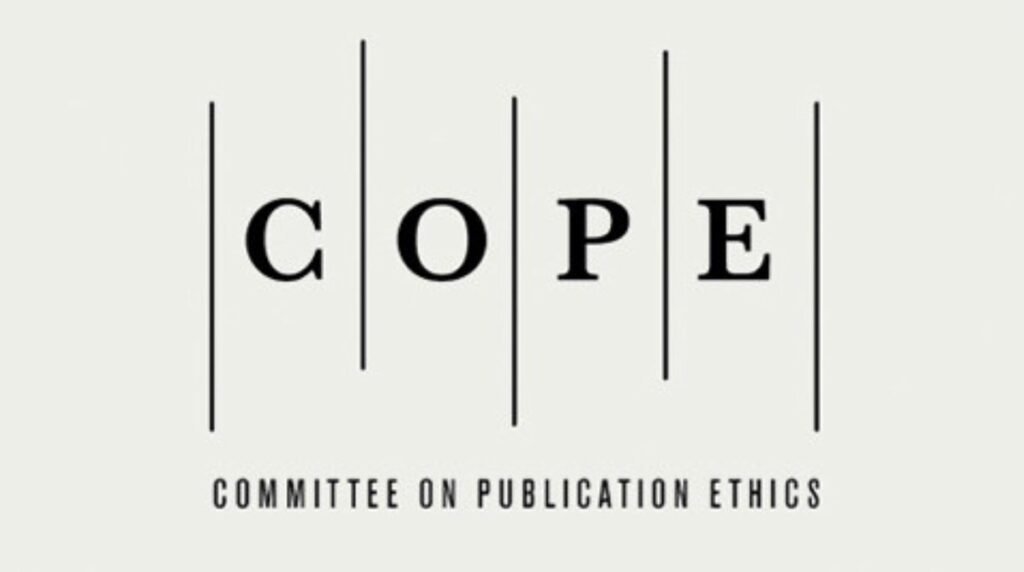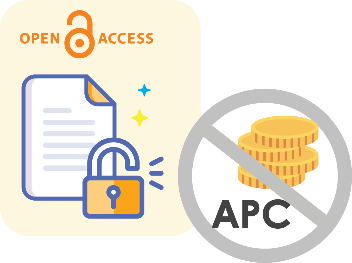The Alumni IN Publishing House hereby establishes these editorial policies with the aim of guiding the management of its scientific journals. We are committed to fostering integrity, transparency, and excellence in academic publishing.

- Fundamental principles
At Editora Alumni IN, we recognize the vital importance of scientific publications as pillars of knowledge advancement. Our mission is to ensure that each journal under our management reflects the highest standards of integrity and academic excellence. We are committed to maintaining a platform that not only disseminates quality scientific information but also promotes a culture of transparency and ethical responsibility in academic publishing. This introduction outlines the fundamental principles guiding all our editorial activities, from article selection to communication with our readers.

2. Open Access Policy
Editora Alumni IN adopts an Open Access approach for all its publications, reinforcing our commitment to the democratization of knowledge. This policy ensures that all published content is freely available to the global community, without financial barriers. By promoting free access to high-quality research, we contribute to the expansion of scientific knowledge, supporting both the academic community and society at large. Our platform allows researchers, students, and professionals from various fields easy access to relevant information, fostering advances in multiple disciplines.

3. Peer Review Process
The peer review process at Editora Alumni IN is meticulously designed to ensure impartiality, rigor, and quality in the articles we publish. We adopt a double-blind review system, where both authors and reviewers remain anonymous throughout the process. This method ensures that articles are evaluated strictly on their academic merit, free from personal or institutional biases. Reviewers are selected based on their expertise and significantly contribute to enhancing the quality of manuscripts. This process not only enriches the scientific quality of published articles but also strengthens the integrity of scientific knowledge as a whole.

4. Conflict of Interest Policy
Editora Alumni IN’s conflict of interest policy aims to preserve the objectivity and credibility of published research. We require authors, reviewers, and editors to disclose any potential conflicts of interest that might influence the content or evaluation of manuscripts. This transparency is crucial for maintaining the integrity of the editorial process and ensuring that decisions are based solely on academic merit. This policy helps build trust among authors, readers, and the scientific community, reinforcing our commitment to research ethics.

5. Submission Guidelines
The submission guidelines at Alumni IN publishing are carefully established to ensure that all manuscripts meet the required academic and editorial standards. Authors must follow detailed norms for formatting, structure, and content, including proper citation of sources and clear presentation of data and results. We encourage submissions that demonstrate originality, methodological rigor, and relevance to the field of study. Additionally, we emphasize the importance of clarity and accuracy in communicating research results, thus contributing to the effective dissemination of scientific knowledge.

6. Copyright and Licensing Policy
In our copyright and licensing policy, Alumni IN publishing adopts Creative Commons licenses, allowing maximum dissemination and reuse of published articles while maintaining the authors’ copyright. This approach facilitates responsible sharing of information, ensuring that authors receive proper credit for their work, while allowing other researchers and the general public to access and utilize the knowledge published for educational and research purposes. This balance between protecting copyright and promoting open access reflects our commitment to the free circulation of academic knowledge.

7. Retraction and Correction Policy
Alumni IN has clear and transparent procedures for retracting or correcting articles. In cases where significant errors, scientific misconduct, or misleading information are identified, we take immediate steps to correct the academic record. This process includes the publication of errata, corrections, or retractions, as necessary. Such measures are essential for maintaining the integrity and reliability of published information, ensuring that our database reflects the most accurate and up-to-date information available.

8. Digital Preservation and Archiving Policy
Alumni IN’s digital preservation and archiving policy ensures the safeguarding and continuous access to published content. We use advanced archiving systems, such as LOCKSS and PKP PN, to create permanent and secure copies of all articles. These practices are essential for ensuring that published research remains accessible in the long term, regardless of technological or institutional changes. This policy reflects our commitment to sustainability and responsibility in managing scientific information.

9. Publication Ethics
Alumni IN strictly follows the guidelines established by the Committee on Publication Ethics (COPE) to ensure ethical practices in all stages of publication. This adherence reinforces our commitment to ethical conduct in research and academic publishing. COPE’s guidelines guide our policies on issues such as plagiarism, duplicate publication, data fabrication, among others. We are dedicated to promoting an environment of integrity and responsible research, essential for trust and respect within the academic community.

10. Privacy and Data Protection Policy
Alumni IN’s privacy and data protection policy is rigorous and complies with current data protection laws. We treat all personal information with the highest level of security and confidentiality. This policy covers the collection, use, storage, and disclosure of personal data, ensuring that the information of authors, reviewers, and readers is protected and used only for the intended purposes in the context of academic publishing. This approach reinforces the trust of our collaborators in the integrity and security of our editorial processes.

11. Editorial Governance
Alumni IN’s editorial governance is composed of a renowned Academic Editorial Board, a specialized Scientific Committee, and a dedicated Scientific Editor. This structure ensures effective supervision and guidance of all editorial activities. The Editorial Board establishes general guidelines and ensures adherence to academic and ethical standards. The Scientific Committee, composed of experts in various areas, is responsible for maintaining the relevance and rigor of published content. The Scientific Editor, in turn, oversees the daily editorial process, ensuring the quality and integrity of each publication.

12. Article Processing Charges (APCs)
In line with our commitment to equal access to scientific publication, Alumni IN does not impose submission or processing fees for articles (APCs). This policy allows researchers worldwide to publish their works, regardless of their financial capacity. By removing economic barriers, we promote a greater diversity of voices and perspectives in the scientific literature, enriching the academic field with a variety of insights and discoveries.

13. Feedback and Complaints
Alumni IN values feedback and is open to complaints from authors, reviewers, readers, and other stakeholders. We have established clear and efficient communication channels to receive and process feedback and complaints. This openness is fundamental for the continuous improvement of our editorial practices and for maintaining constructive dialogue with the academic community. We encourage the expression of opinions, suggestions, and concerns, as we believe that open and transparent communication is essential for the evolution and success of our publications.